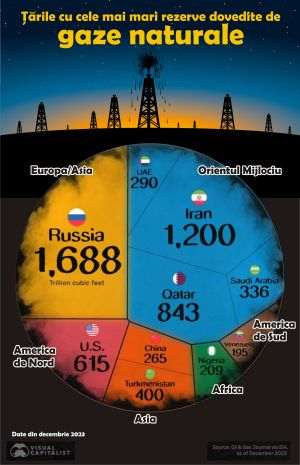More than half of global electricity will come from low-carbon sources by the end of this decade, according to a report published by the International Energy Agency (IEA). While this development marks major progress towards decarbonisation, the report highlights that the world remains far from achieving a smooth trajectory towards climate neutrality, a key 2050 goal.
• Clean energy sources
IEA Executive Director Fatih Birol describes this major change as the transition from the age of carbon and oil to the "age of electricity", where clean energy sources will play a central role. This new era is largely based on renewable energy, such as wind and photovoltaic, to which is also added nuclear energy, a solution that has returned to the attention of several countries. In 2023, global renewable energy production capacity reached an all-time high of 560 Gigawatts, reaching a total of 4,250 GW. If this pace continues, total renewable energy capacity could reach 10,000 GW by 2030, strengthening the transition to a cleaner energy system.
• Challenges on the road to climate neutrality
Despite the progress made, the IEA warns that the transition is not fully achieved. In 2023, two-thirds of the growth in global energy demand was still met by fossil fuels, suggesting that dependence on traditional resources is far from being eliminated. Another important aspect highlighted by the report is the peak demand for oil, natural gas and coal, which is expected to be reached by the end of this decade. This is a forecast contested by the oil and gas industry as well as the Organization of the Petroleum Exporting Countries (OPEC). However, the IEA points out that this decline in demand may create opportunities to direct more resources to clean energy investments.
• Call to accelerate the transition
While there is a strong push in favor of renewable energy sources, the IEA makes a clear call to accelerate the transition to clean energy. The energy transition is essential to achieving climate neutrality targets by 2050, but the challenges are still significant. The impacts of climate change, pressures on energy systems and resistance from the fossil fuel industry are obstacles that require urgent and coordinated global action.








































